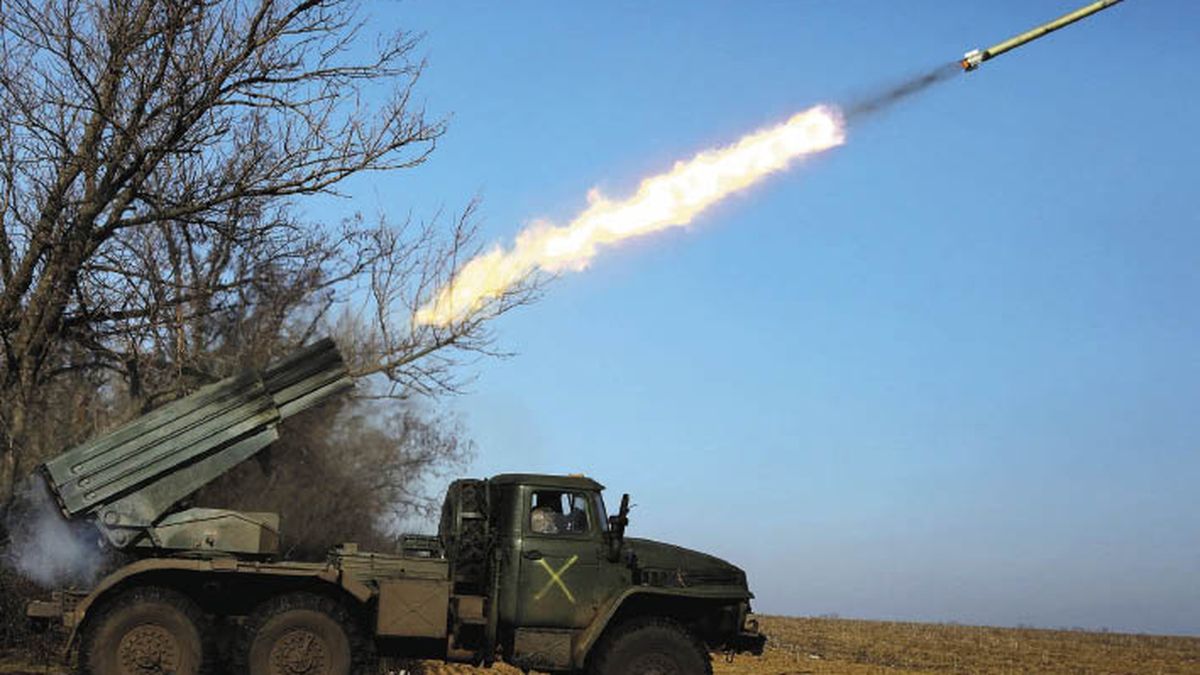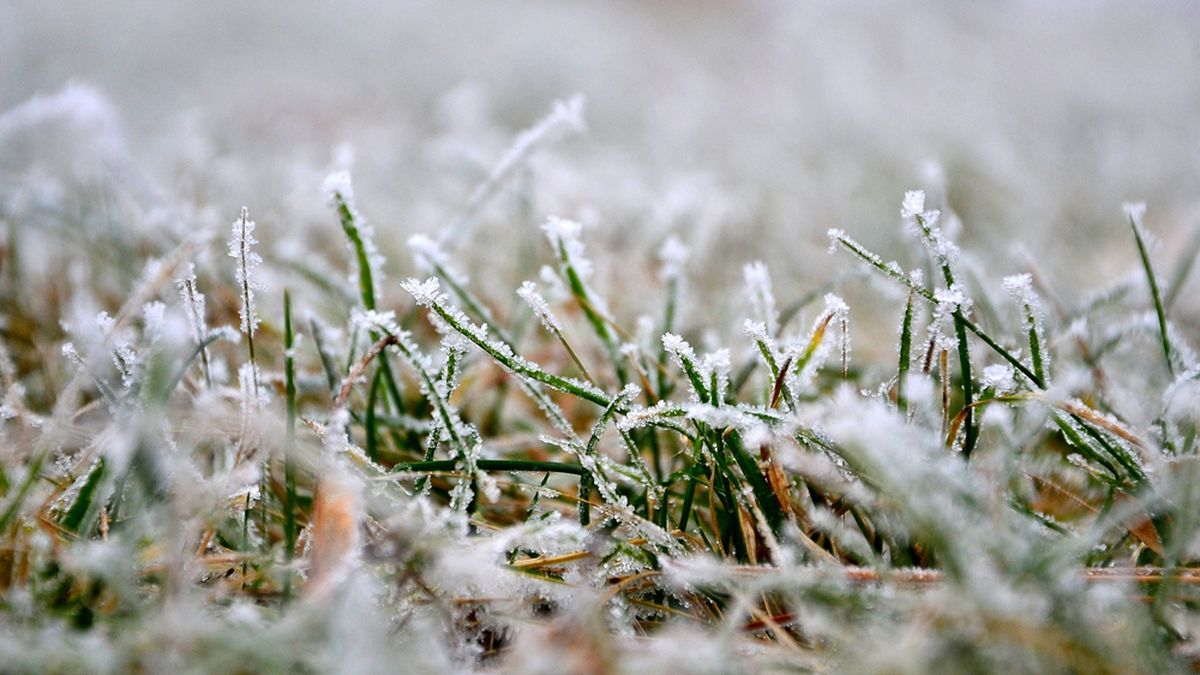Almost 12 months have passed and more and more Western politicians and activists are pressing for this fortune to be used to rebuild the infrastructure, houses and businesses destroyed by the Russian attack.
“So much damage has been done. The country that did the damage should pay,” Canadian Deputy Prime Minister and Finance Minister Chrystia Freedland said in a hearing last month at the World Economic Forum in Davos.
In December, Canada began a process to hand over some $26 million from a sanctioned company owned by oligarch Roman Abramovich, a move denounced as “robbery in broad daylight” by the Russian ambassador.
This month, the European Commission called for “stepping up its work to use frozen Russian assets to support the reconstruction of Ukraine” and Estonia is already drafting its own confiscation plans.
The United States Congress is holding hearings to seek a formula to change the law that allows permanent seizure, although the Joe Biden administration has been very cautious publicly about this idea.
Legal experts distinguish between private assets seized by Western governments (such as an oligarch’s yacht) and state property, such as the foreign currency reserves of Russia’s central bank.
In the case of private assets, there are legal safeguards that only allow Western states to confiscate them in very limited circumstances, usually when they stem from illegal activity.
And while oligarchs often operate in the nebula of Russian capitalism, “we don’t really know if the frozen properties are proceeds from criminal activity,” said Anton Moiseienko of the Australian National University.
Confiscating them can violate legal and human rights, such as the right to property, protection from arbitrary punishment, or the right to a fair trial.
The West’s public commitment to upholding the rule of law would also be called into question.
“How are you going to show that they constitute proceeds of a crime without the cooperation of
Russia?” questioned Moiseienko, an expert in international law.
tional.
In addition, other problems arise due to the bilateral or international investment agreements signed with Russia, which expose Western countries to future claims in international arbitration courts.
So far, Canada is the only one to take this “aggressive approach” as defined by Moiseienko. “It will be interesting to see how it works in court,” he added.
State assets such as central bank reserves present different, but also thorny challenges, because they are protected by so-called “sovereign immunity” whereby one state cannot seize the property of another.
Western central banks are estimated to have locked up some $300 billion of Russian-owned reserves.
“International customary law of sovereign immunity generally protects state assets from forfeiture,” Paul B. Stephen wrote in the Capital Markets Law Journal last June.
“There are exceptions, but their scope is not clear,” he said.
Since the Russian invasion, there has been a heated debate among academics about under what circumstances Western countries can make use of assets such as third-party central bank reserves.
Some invoked the countermeasures provided by international law, that is, the actions that one State can impose on another when it acts without respect for international law.
But these “countermeasures” should theoretically be reversible.
Many jurists believe that Ukraine’s best options for compensation is to force a favorable deal to end the conflict that includes reparations.
But others, like former US investor and anti-Kremlin activist Bill Browder, are calling for a more radical approach that sends a message to other countries like China.
“It seems illogical that Putin can invent new types of crimes and we cannot reinvent a legal framework to respond to these crimes,” he said.
AFP Agency
Source: Ambito




